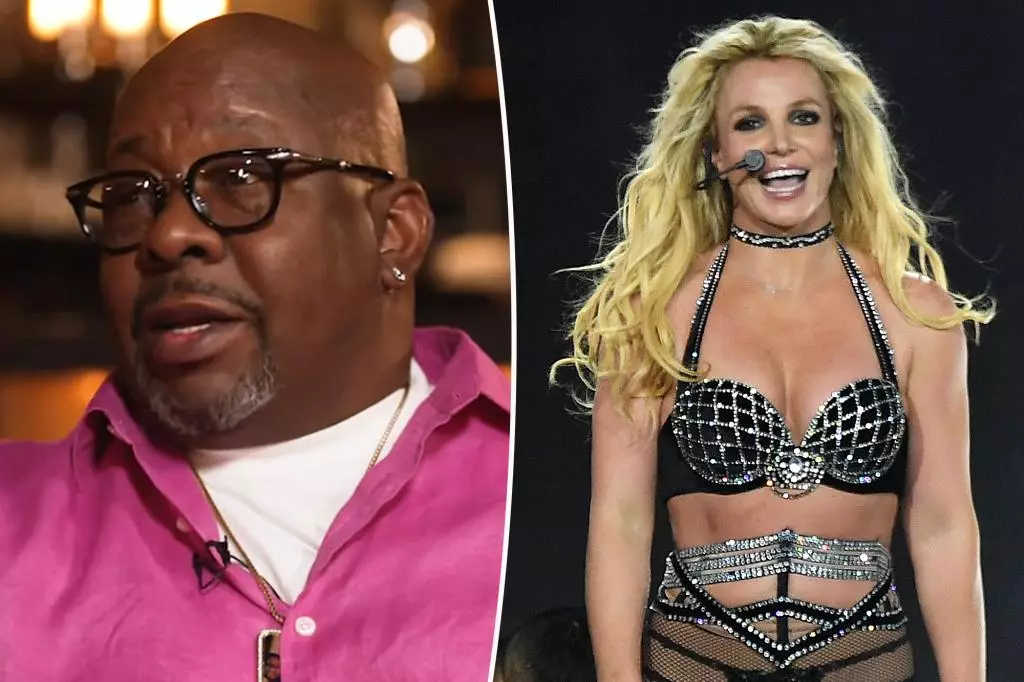Bobby Brown’s candid remarks about Britney Spears’ rendition of his iconic 1988 song “My Prerogative” delve deeper than mere artistic preference. On the “Club Shay Shay” podcast—with Shannon Sharpe as host—Brown voiced his displeasure when he stated that Spears “butchered” the song. At first glance, this critique might seem personal or unfounded, especially considering the vast differences in artistic interpretation that often accompany cover songs. However, Brown’s emotional response is not unprecedented; it highlights the intense connection artists have with their original works and illustrates the complexities involved in interpreting someone else’s legacy.
The Artist’s Perspective
Bobby’s frustration stems, in part, from the expectations placed upon a cover song. He acknowledged that while he had cleared Spears’ rendition, he did so primarily because of her star power, expecting something impactful. Unfortunately, the response he received is disappointingly far from what he had envisioned. In an era where music frequently crosses generational lines, recreations of classics often come laden with the baggage of nostalgia; in this case, Brown’s original hit remains a powerful cultural artifact. In contrast, Spears’ version could be seen as a product of a different musical landscape, one that perhaps veers away from the raw emotional weight that Brown’s original had captured.
Generational Divide and Musical Evolution
The conversation surrounding the cover also accentuates a generational divide in music preferences. Bobby Brown, with roots deeply embedded in the R&B landscape of the late ’80s, likened Spears’ version to a disservice. This perspective raises questions about how each generation appreciates and critiques music. Fans of Spears lashed back at Brown’s comments, which indicates a strong loyalty towards her pop rendition. Their reactions suggest that Britney’s effort was not only celebrated but also holds a value unto itself, separate from the original. This demonstrates how the cover was perceived through a different lens—a blend of nostalgia and contemporary flair, encapsulating the essence of early 2000s pop culture.
Impact of Social Media on Artist Discussions
With social media amplifying voices, Bobby Brown’s critique didn’t stay confined to the podcast. Fans quickly flooded platforms like X (formerly Twitter) with reactions that varied from support for Spears to sharply criticizing Brown’s need for relevance. This rapid feedback loop represents a broader trend in how artists engage with each other and their audiences today. The digital age has transformed the dialogue surrounding music—where a single comment can lead to a viral exchange, revealing how public opinion can shape narratives around art.
Despite the differing opinions, it’s clear that cover songs can provoke lively discussions about integrity, intention, and artistry. Brown’s reflection on needing to listen before clearing a cover highlights the challenges artists face when their creations are reinterpreted. In a world where every note can resonate differently, each version of a classic finds its own voice, sparking debates that bridge both time and taste in the ongoing evolution of music.

